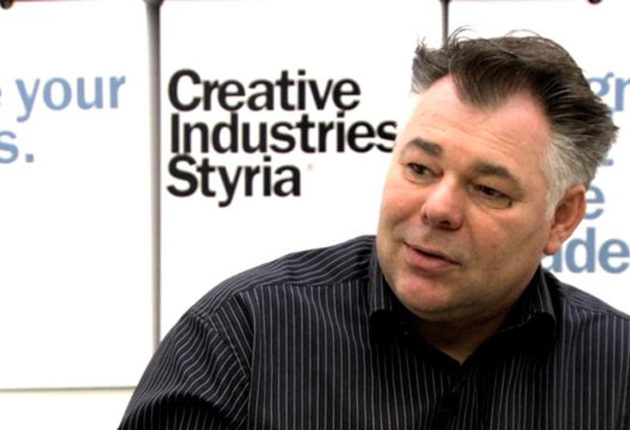Impacts of Graz 2003
Eberhard Schrempf
Related fights
- Glasgow 1990
- Pros & Cons of culture-speak
- Liverpool 2008
- Maribor as European Capital of Culture
- Rotterdam 2001
- Challenges of Liverpool 2008
- ECOC projects - Opportunities and expectations
- Impacts of Graz 2003
- Creative Industries and the ECOC projects
- ECOC project vs future development of the city
- Creative industries as a part of the ECOC project
- Way you manage expectations of people
- Aarhus 2017
- ECOC or Marketing Cities in Europe?
- Tallinn 2011
- Positive thing about Tallinn 2011
- NOASS participated in Riga 2014
- Riga 2014
More fights by Eberhard Schrempf
- Trial & Error
- Urban vs Rural phenomenon
- Regeneration of the Jakominiviertel in Graz
- Why we support creative industries in Styria
- Continuity of strategies
- How creative industries are supported in Styria
- Social integration of Graz
- Continuity with the spirit of Graz
- Impacts of Graz 2003
- Creative Industries make places more attractive
- Investment into culture is investment into people
- Social dimensions of the Graz 2003

Eberhard Schrempf
Managing Director of the Creative Industries Styria in Graz, Austria
Full biography